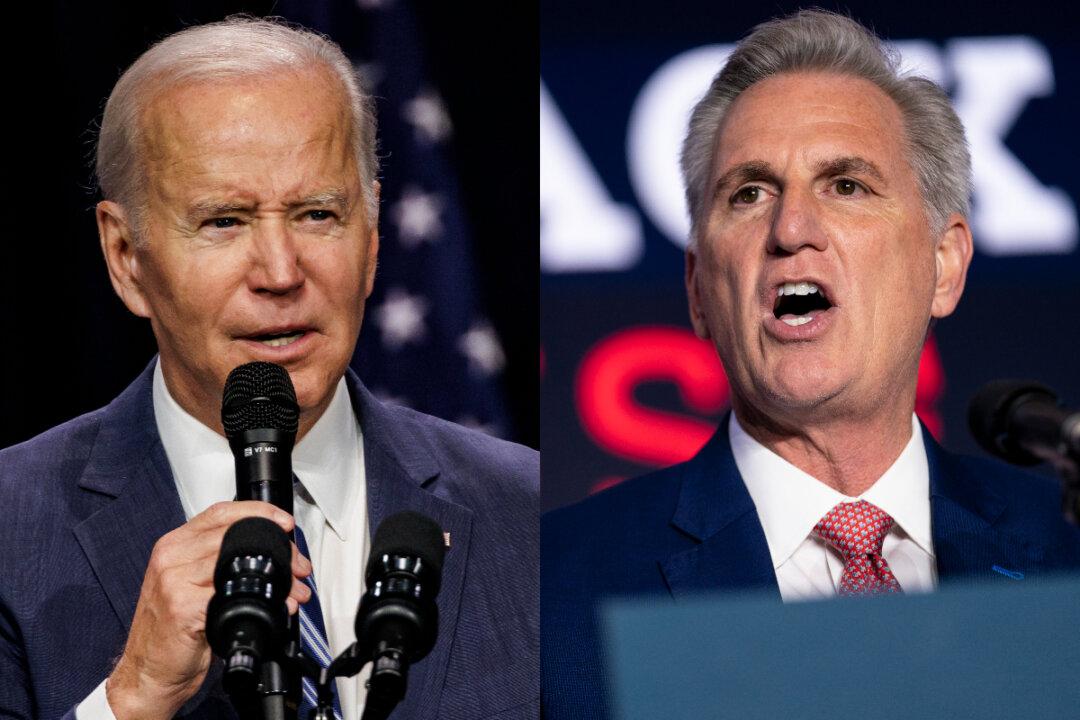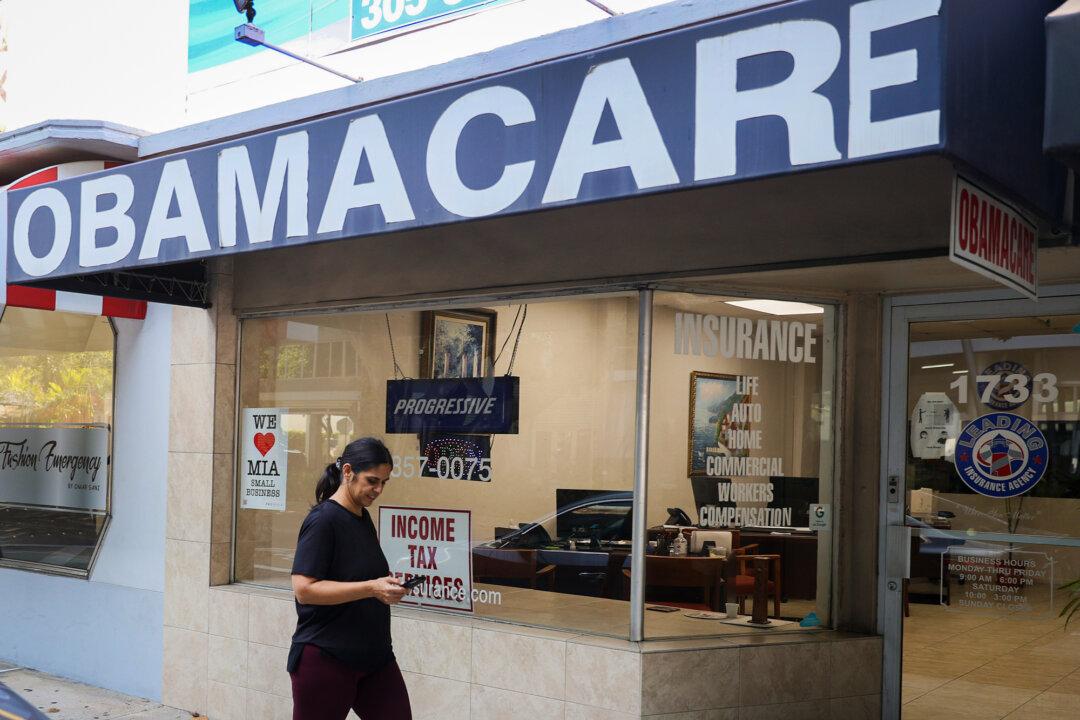President Joe Biden wants to avoid a default on U.S. financial obligations while spending an estimated $421 billion more than projected revenues this year. House Speaker Kevin McCarthy (R-Calif.) wants to balance the nation’s budget and reduce federal spending.
In advance of a February 1 meeting between the two, the White House released a memo doubling down on the president’s commitment to raising the debt ceiling and calling Republicans to clearly state their plan for reducing spending.





